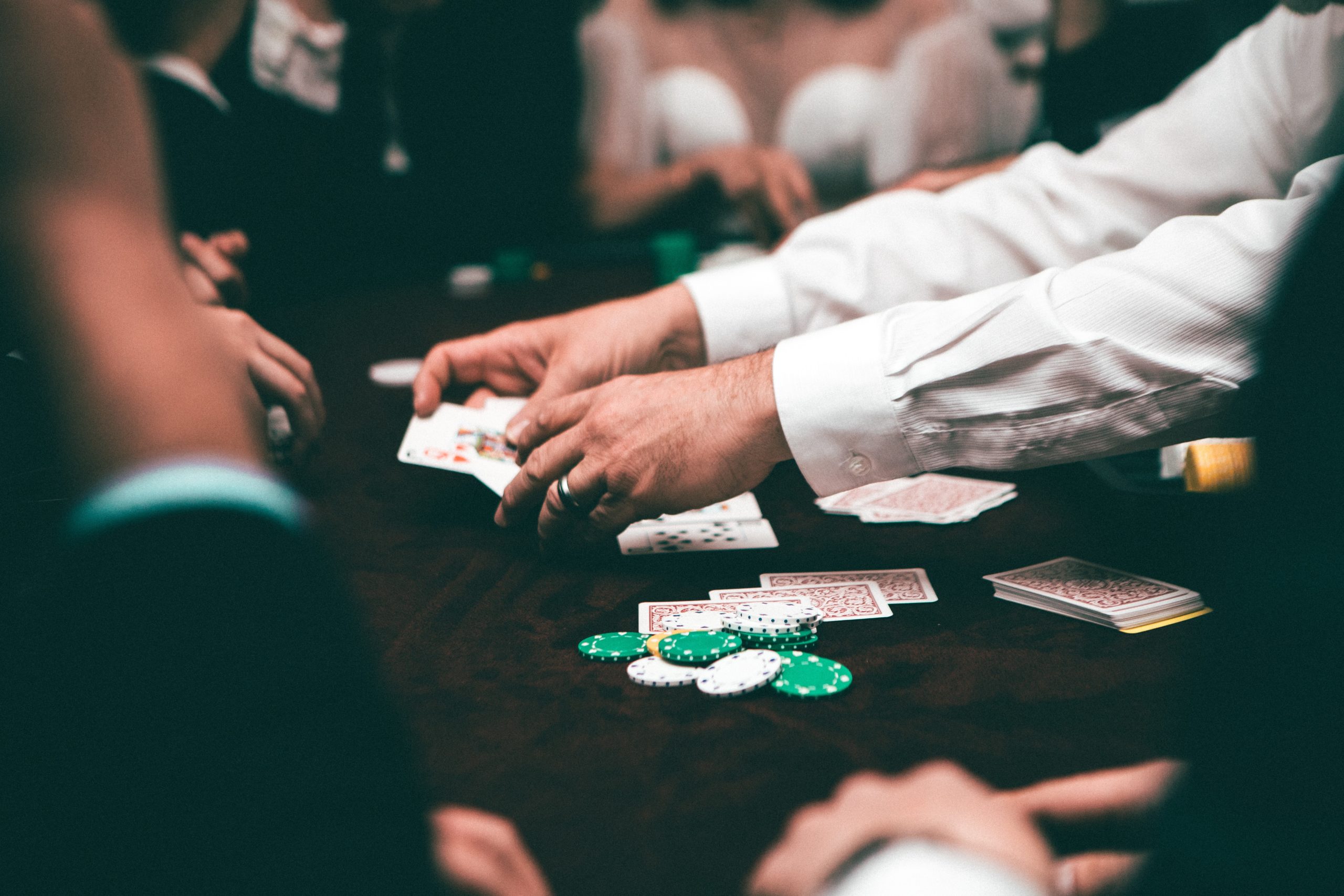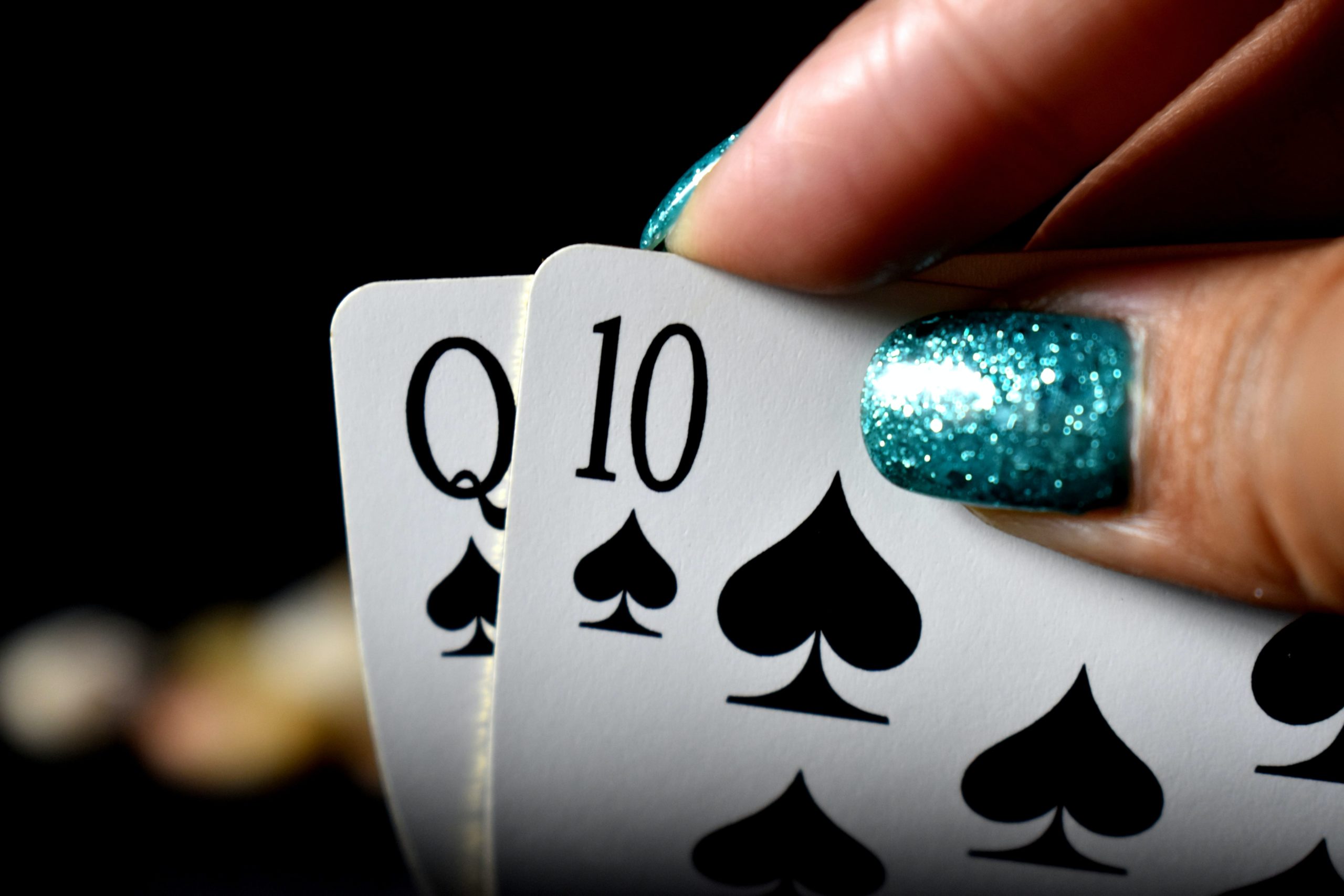What is a gambling addiction?
While it may begin as a fun activity, compulsive gambling quickly becomes harmful to the lives of the gambler and those closest to him or her. The effects of compulsive gambling are felt on a person’s mental, bodily, and spiritual levels. Denial is the primary symptom of this addiction, and lack of self-control is the most prominent feature. Risk-taking tends to get more extreme over time.
It’s a disease that, like alcoholism, can’t be cured but can be put to a halt with the help of gambling addiction treatment. Gambling addiction manifests primarily in the development of an all-consuming preoccupation with gambling that pervades all other areas of the gambler’s life.
Other hallmarks of gambling addiction include a lack of willpower to stop gambling and a persistence in engaging in compulsive behaviour despite undesirable outcomes.
Three stages characterise the progression of compulsive gambling: success, failure, and utter despair. Problem gamblers have a negative impact on society as a whole and the economy.
Gambling addiction can have devastating results that include hunger, poverty, broken families, and criminal activity. Overbearing gamblers are more likely to experience negative emotions like despair and anxiety, as well as physical symptoms like muscle tightness, exhaustion, headaches, and elevated blood pressure.



Signs and symptoms of a gambling addiction
Signs and symptoms of gambling addiction include depression and a decline in physical and mental health. The gambler’s mood, withdrawal, and irritability worsen, and he or she becomes obsessed with gambling, past wins, and acquiring new funds to gamble with. Addicts who gamble sometimes start borrowing or stealing money from friends, family, or even their jobs to fund their habit, and they frequently continue betting even after they have lost all their money. Bills will pile up while they waste their money on gambling instead. They’ll try to cut back on gambling but will fail. To achieve the same level of excitement, that escapist euphoria that is employed to combat anxiety and sadness, even higher doses of gambling will be required. Bettors frequently exaggerate the stakes and the rewards for their friends and family to justify their habit. Marriages begin to fail, and significant others often wind up splitting up as a result. Consequently, many gambling addicts have to leave their jobs and/or abandon their academic pursuits.




